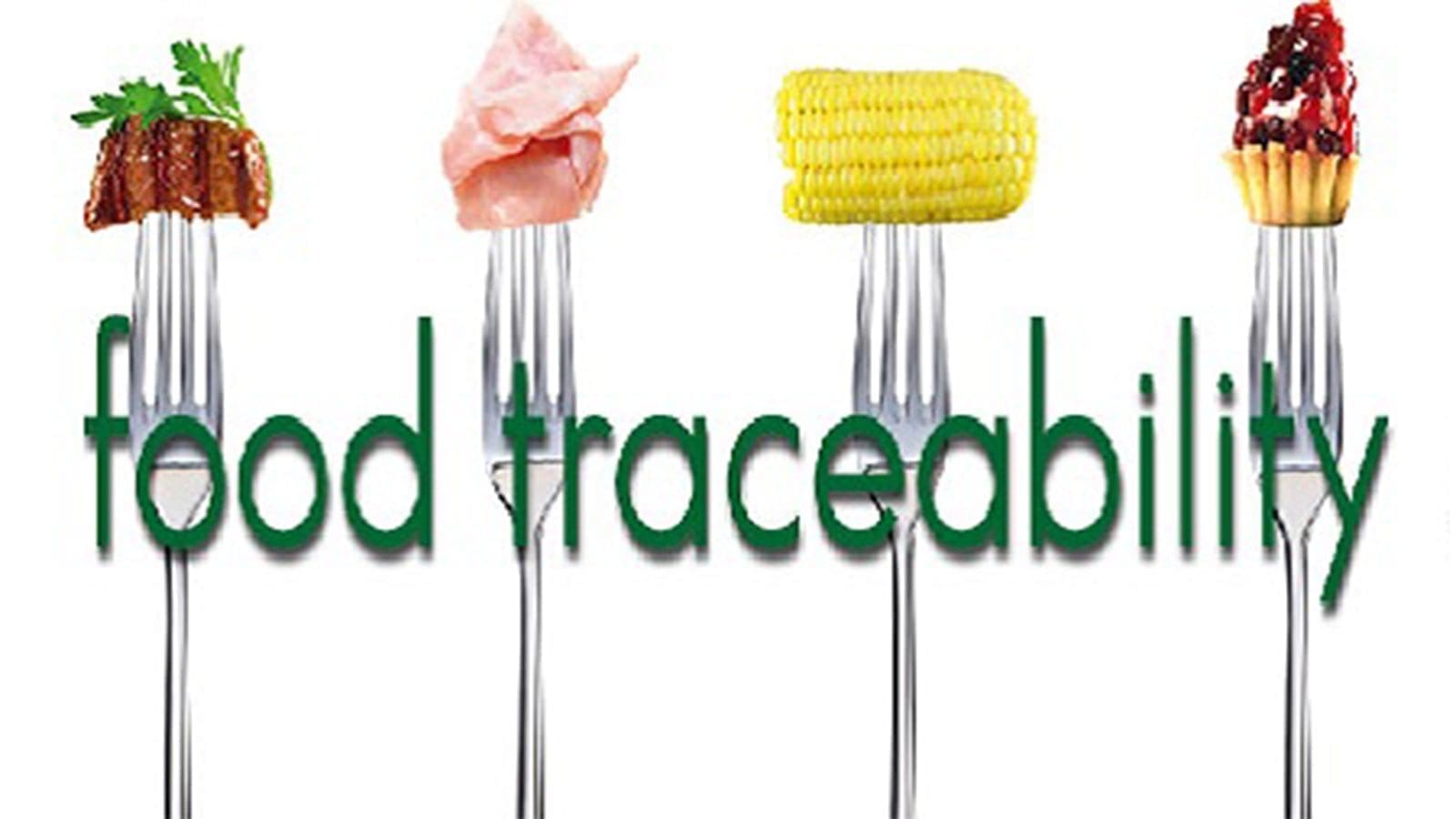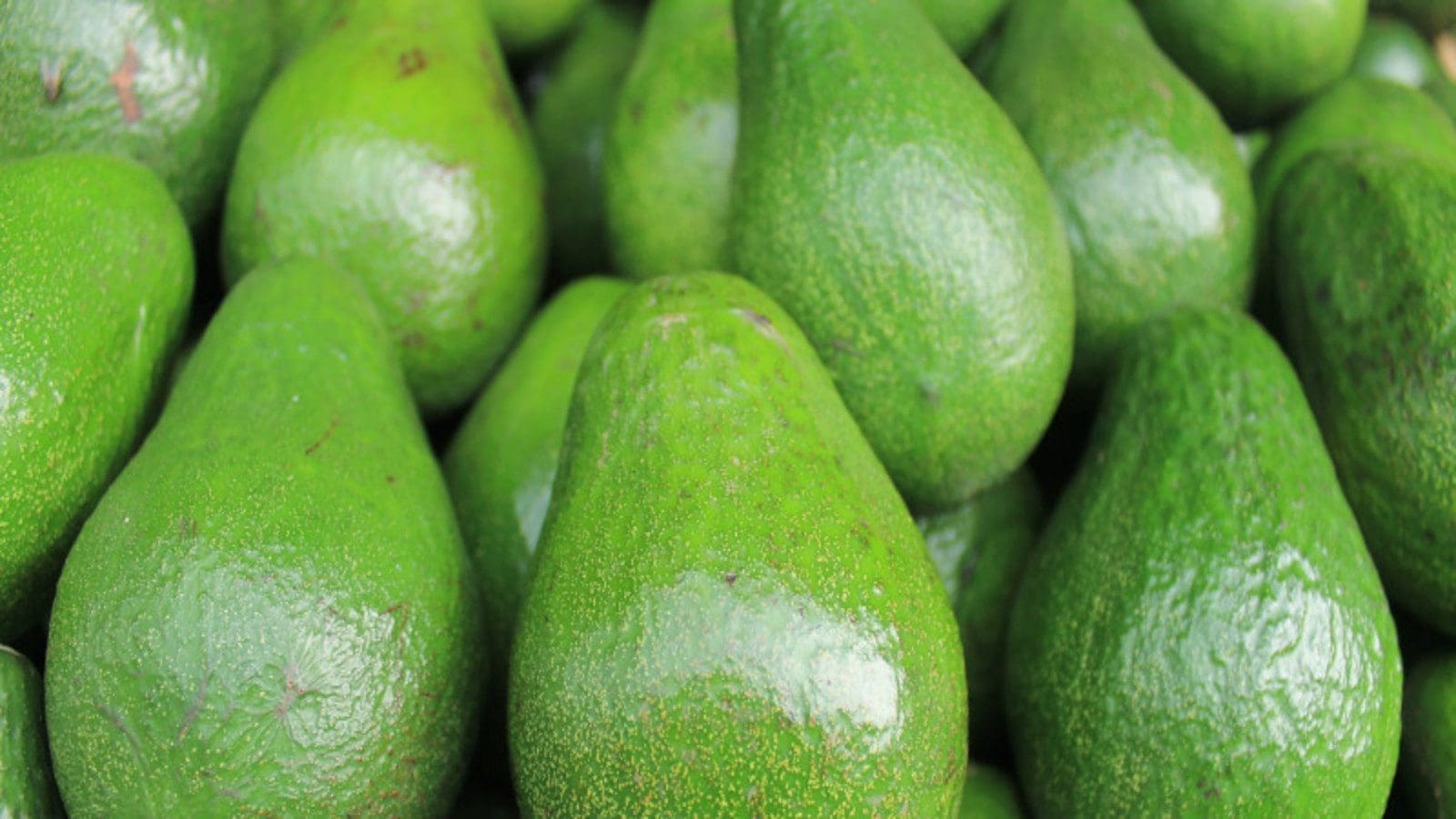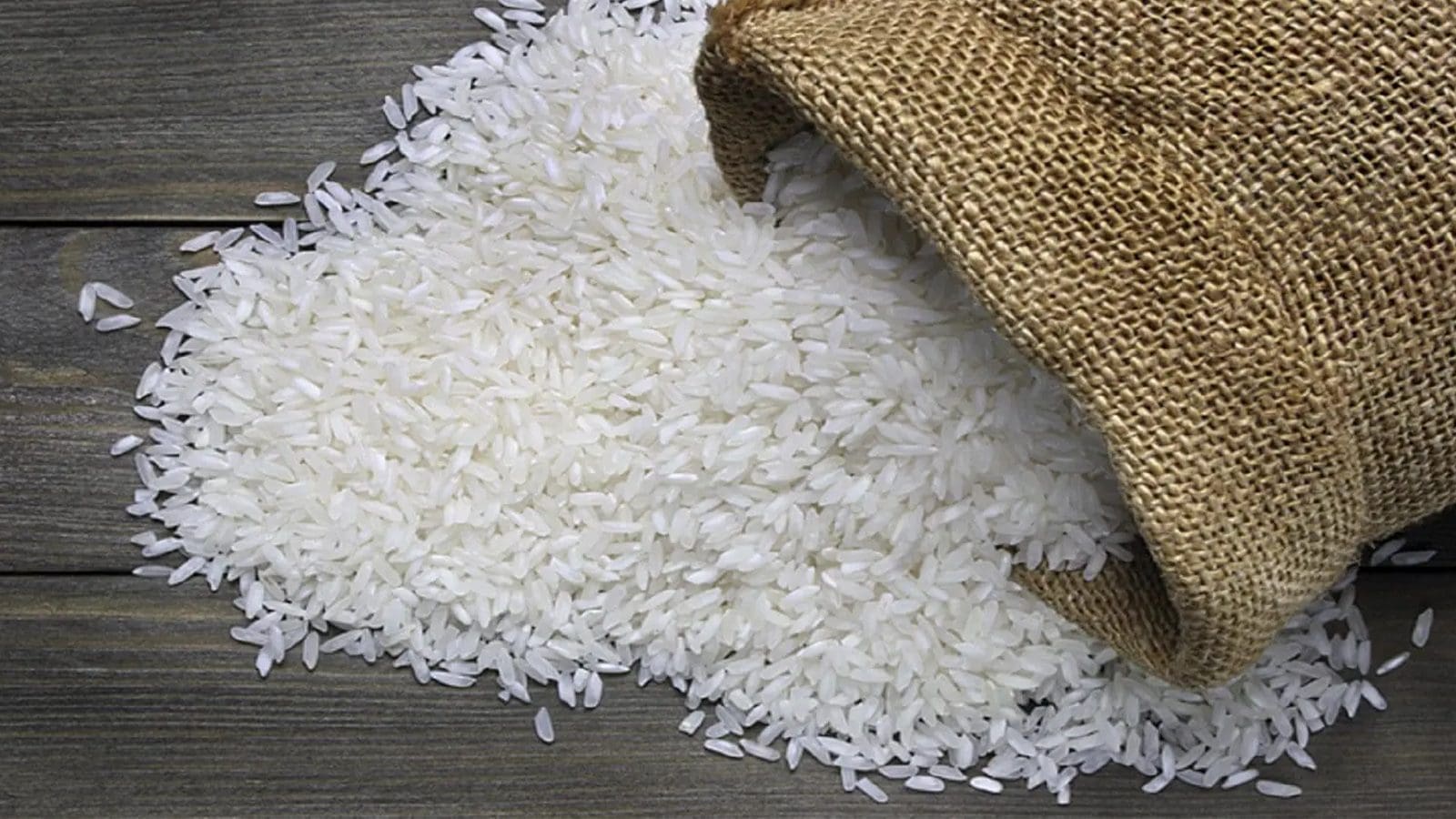U.S – The Food and Drug Administration (FDA) is proposing to establish additional traceability recordkeeping requirements for persons who manufacture, process, pack, or hold foods the Agency has designated for inclusion on the Food Traceability List.
The regulator claimed to have fulfilled its duty by sending the FSMA Final Rule: Requirements for Additional Traceability Records for Certain Foods to the Office of the Federal Register (OFR) by the Nov. 7, 2022, deadline.
The OFR oversees publication, and the FDA expects it to happen one- or two-weeks following submission.
The proposed rule, “Requirements for Additional Traceability Records for Certain Foods” (Food Traceability Proposed Rule) is a key component of the FDA’s New Era of Smarter Food Safety Blueprint and would implement Section 204(d) of the FDA Food Safety Modernization Act (FSMA).
The FDA would be able to quickly and accurately identify the recipients of those items thanks to the new rules, which would also assist it to handle credible concerns of major adverse health consequences or death as well as prevent or reduce outbreaks of foodborne illness.
The rule proposal and information-collecting provisions had comment periods that closed on February 22, 2021.
This proposal’s core requirement is that persons who produce, prepare, pack, or hold food items listed on the Food Traceability List (FTL) create and keep records including Key Data Elements (KDEs) connected to various Critical Tracking Events (CTEs).
Although the proposed specifications would only apply to items listed on the FTL, they were created to be compatible with all foods covered by FDA regulations.
The FDA issued a Federal Register notice to solicit comments on its draft approach for developing a list of high-risk foods in 2014.
Taking into consideration the comments and other information submitted, the agency developed a draft risk-ranking model and collected data to populate the model for chemical and microbiological hazards associated with specific foods, with technical assistance from external expert panels.
Using the results of the risk-ranking model, it tentatively identified foods for the FTL for which additional traceability records will be required.
Some of the food products include cheeses, other than hard cheeses, shell eggs, nut butter, cucumbers (fresh), herbs (fresh), leafy greens (fresh), including fresh-cut leafy greens, melons (fresh), peppers (fresh), sprouts (fresh) and tomatoes (fresh).
Others include tropical tree fruits (fresh), fruits and vegetables (fresh-cut), finfish, including smoked finfish, crustaceans, mollusks, bivalves, and ready-to-eat (RTE) deli salads.
The FDA will promote the voluntary industry-wide adoption of these procedures.
For all the latest food safety news from Africa and the World, subscribe to our NEWSLETTER, follow us on Twitter and LinkedIn, like us on Facebook and subscribe to our YouTube channel.








